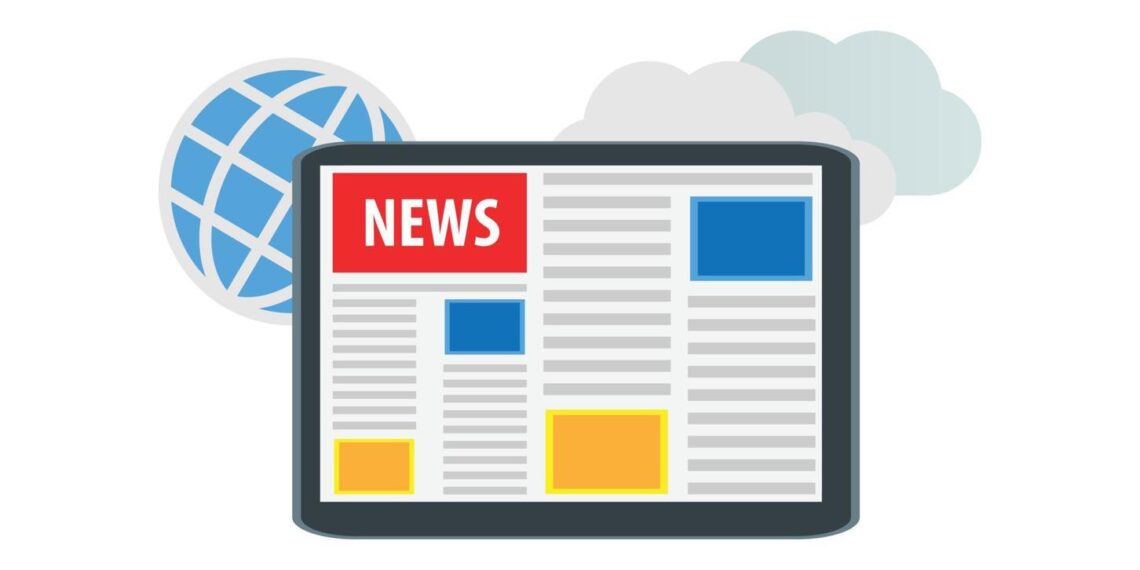Best Fitness Trackers: Your Ultimate Guide to Monitoring Health and Fitness
When it comes to staying on top of your fitness goals, fitness trackers have become indispensable. These innovative gadgets not only track physical activity but also offer insights into your health, from heart rate to sleep patterns. But with so many options on the market, how do you choose the right one for your needs? In this guide, we’ll walk you through everything you need to know about the best fitness trackers and help you make an informed decision.
![]()
1. What is a Fitness Tracker?
A fitness tracker is a wearable device that monitors various physical activities, such as steps, distance, and calories burned. Many trackers also measure heart rate, sleep quality, and provide smart notifications. With built-in sensors like accelerometers and GPS, these trackers provide valuable data to help you stay active and healthy.
Fitness trackers are more than just pedometers; they offer in-depth analysis of your physical activity and overall well-being.
2. Why You Need a Fitness Tracker
If you’re serious about improving your fitness, a fitness tracker can be a powerful tool. It offers insights into your daily routines, helping you make small, sustainable changes that can lead to big results. Here’s why having a fitness tracker is a smart move:
-
Personalized Fitness Insights: Track your steps, calories, and heart rate to create a fitness routine that fits your goals.
-
Accountability: Fitness trackers can motivate you to stay active by setting daily targets and tracking your progress.
-
Health Monitoring: Advanced trackers offer features like sleep monitoring, heart rate variability, and even stress tracking.
By using a fitness tracker, you can gain a clearer picture of your fitness journey and adjust your routines for better results.
3. Key Features to Look for in Fitness Trackers
When shopping for the best fitness tracker, certain features should be a priority. These features vary by model, but here are the top ones to consider:
3.1 Heart Rate Monitoring
A heart rate monitor is essential for gauging the intensity of your workouts. Whether you’re doing cardio, weightlifting, or yoga, heart rate data allows you to adjust your exercises to stay within your target zones.
3.2 Sleep Tracking
Quality sleep is a crucial aspect of overall health. The best fitness trackers provide detailed sleep analysis, allowing you to track your sleep cycles (light, deep, REM) and make adjustments to improve sleep quality.
3.3 GPS Tracking
If you’re an outdoor enthusiast, having GPS functionality is a must. Whether you’re running, hiking, or cycling, GPS allows you to track your routes and measure your distance accurately.
3.4 Water Resistance
A fitness tracker with water resistance is ideal for those who swim or run in the rain. Look for a tracker rated at least IP68 for full water resistance, so you don’t have to worry about sweat or rain damaging your device.
3.5 Battery Life
The battery life of a fitness tracker is important for consistent tracking. Look for a device that offers long battery life, with some lasting up to a week or more on a single charge.
4. Top Fitness Trackers of 2023
4.1 Fitbit Charge 5
The Fitbit Charge 5 is one of the most popular fitness trackers on the market, known for its sleek design and powerful features. It offers heart rate monitoring, sleep tracking, GPS functionality, and even stress management tools. With up to 7 days of battery life, it’s perfect for everyday use.
Pros:
-
Comprehensive health tracking features
-
Easy-to-use app
-
Stylish design
Cons:
-
Limited smartwatch features
4.2 Garmin Vivosmart 5
If you’re into outdoor activities like hiking or running, the Garmin Vivosmart 5 is a fantastic choice. It’s equipped with GPS, pulse ox for blood oxygen measurement, and advanced sleep tracking. It’s ideal for those who need a tracker that supports a variety of fitness activities.
Pros:
-
Great for outdoor sports
-
Advanced sleep monitoring
-
Good battery life (up to 7 days)
Cons:
-
Small display
4.3 Apple Watch Series 8
While technically a smartwatch, the Apple Watch Series 8 offers fantastic fitness tracking capabilities. With features like ECG monitoring, sleep tracking, and workout modes, it’s an all-in-one device that can handle your fitness needs and more.
Pros:
-
Advanced health features (ECG, blood oxygen)
-
Wide range of workout modes
-
Seamless integration with iPhones
Cons:
-
Shorter battery life compared to other fitness trackers
4.4 Whoop Strap 4.0
If you want a tracker focused purely on fitness and recovery, the Whoop Strap 4.0 is for you. It doesn’t have a screen but provides deep insights into your strain, recovery, and sleep. It’s a subscription-based service, but it’s perfect for serious athletes.
Pros:
-
Focuses on recovery and performance
-
Continuous heart rate monitoring
-
No display distractions
Cons:
-
Subscription model
5. How to Choose the Best Fitness Tracker for You
Choosing the best fitness tracker depends on your specific needs. Here are some questions to ask yourself before making a purchase:
-
What are your fitness goals? If you’re focused on running, a GPS-enabled tracker like the Garmin Vivosmart 5 is ideal. For general fitness, a Fitbit Charge 5 might be more appropriate.
-
Do you need advanced health tracking? If you want features like ECG or blood oxygen monitoring, consider an Apple Watch Series 8 or a Whoop Strap 4.0.
-
What’s your budget? Fitness trackers range from affordable to premium. The Fitbit Charge 5 offers a good balance of features at a reasonable price, while the Apple Watch is more expensive but offers more advanced features.
6. Frequently Asked Questions (FAQs)
1. What is the most accurate fitness tracker?
The Garmin Vivosmart 5 and Fitbit Charge 5 are known for their accuracy in tracking steps, calories burned, and heart rate. However, accuracy can also depend on how well you wear the tracker.
2. Are fitness trackers waterproof?
Many modern fitness trackers, like the Garmin Vivosmart 5, are water-resistant and suitable for swimming. Be sure to check the water resistance rating (e.g., IP68) for specific models.
3. Do fitness trackers track calories accurately?
While fitness trackers can estimate calories burned based on your activity level, they are not 100% accurate. They offer a good estimate but should be combined with other methods for precise calorie tracking.
4. Can fitness trackers help with weight loss?
Yes, fitness trackers can be incredibly helpful for weight loss. By tracking your activity and providing insights into your calorie burn, they can help you stay on track with your fitness and weight loss goals.
7. Conclusion: Find the Right Tracker for You
The best fitness tracker is the one that aligns with your goals, lifestyle, and budget. Whether you’re looking for a simple step counter or a device with advanced health features, there’s a tracker out there for everyone. With the right fitness tracker, you can stay motivated, monitor your health, and track your progress toward a healthier lifestyle.
![]()





